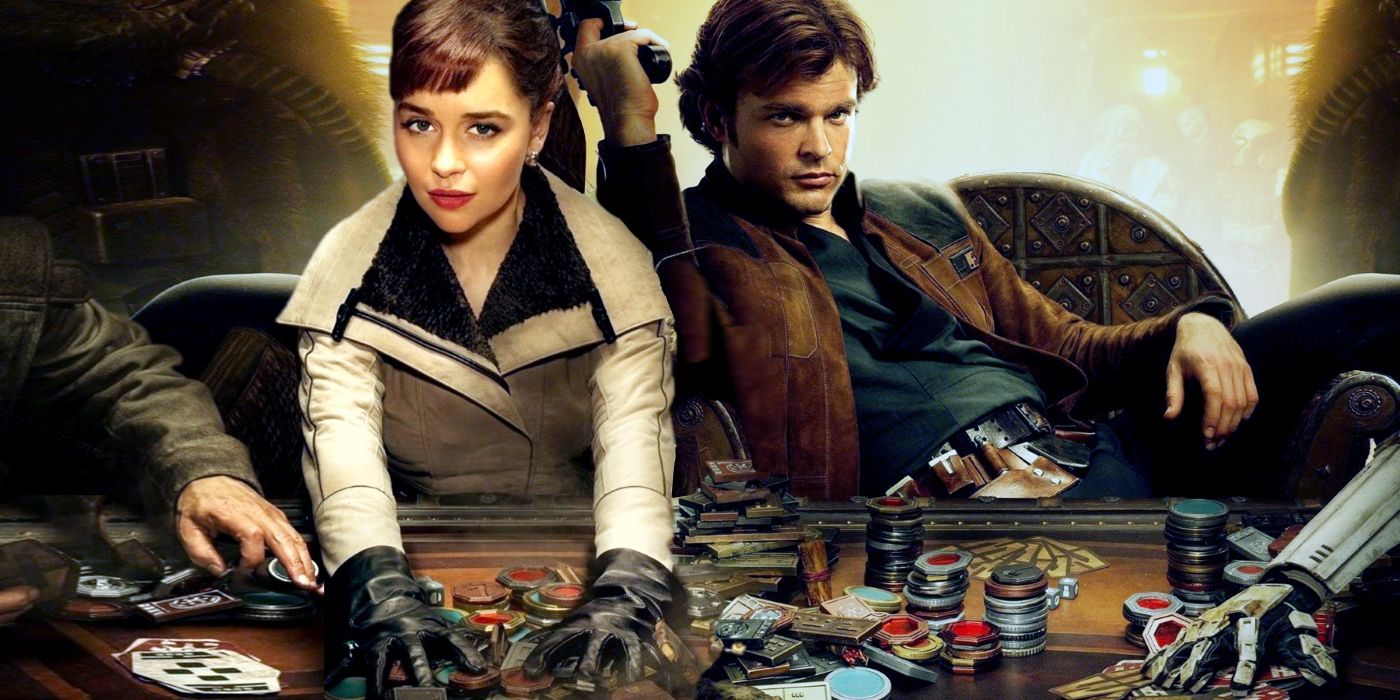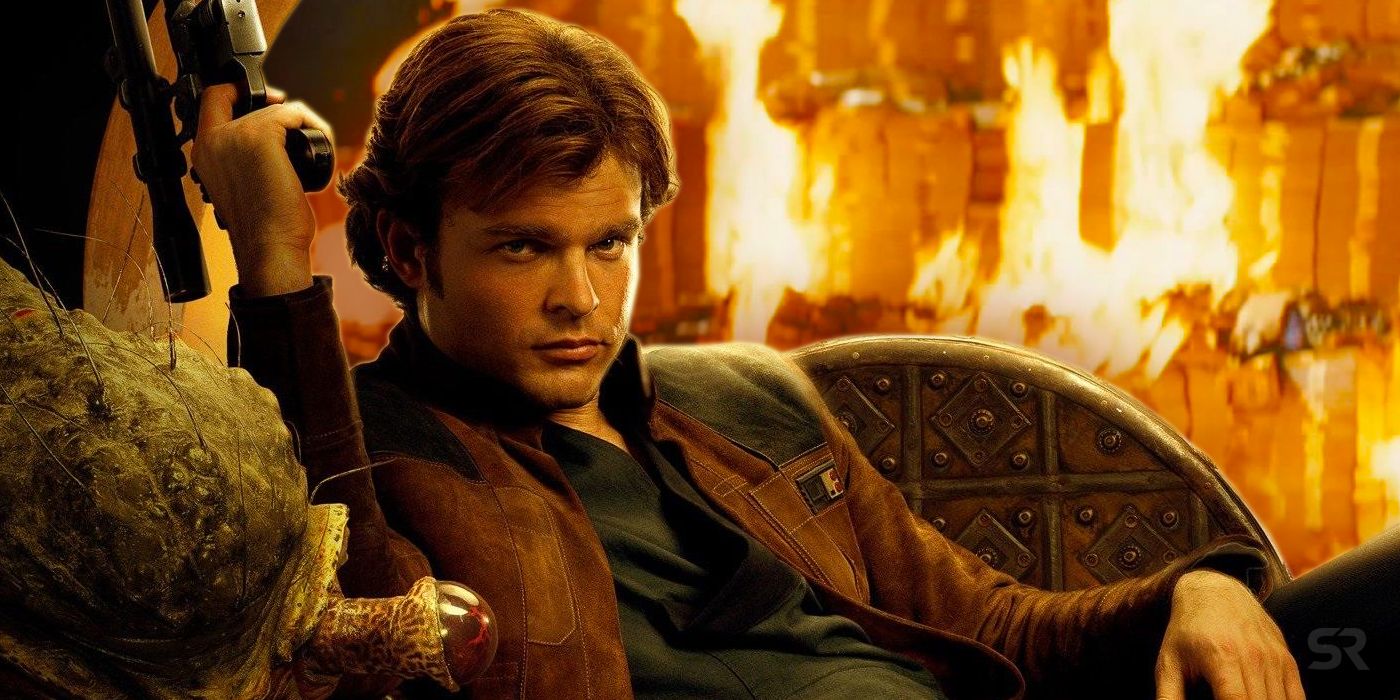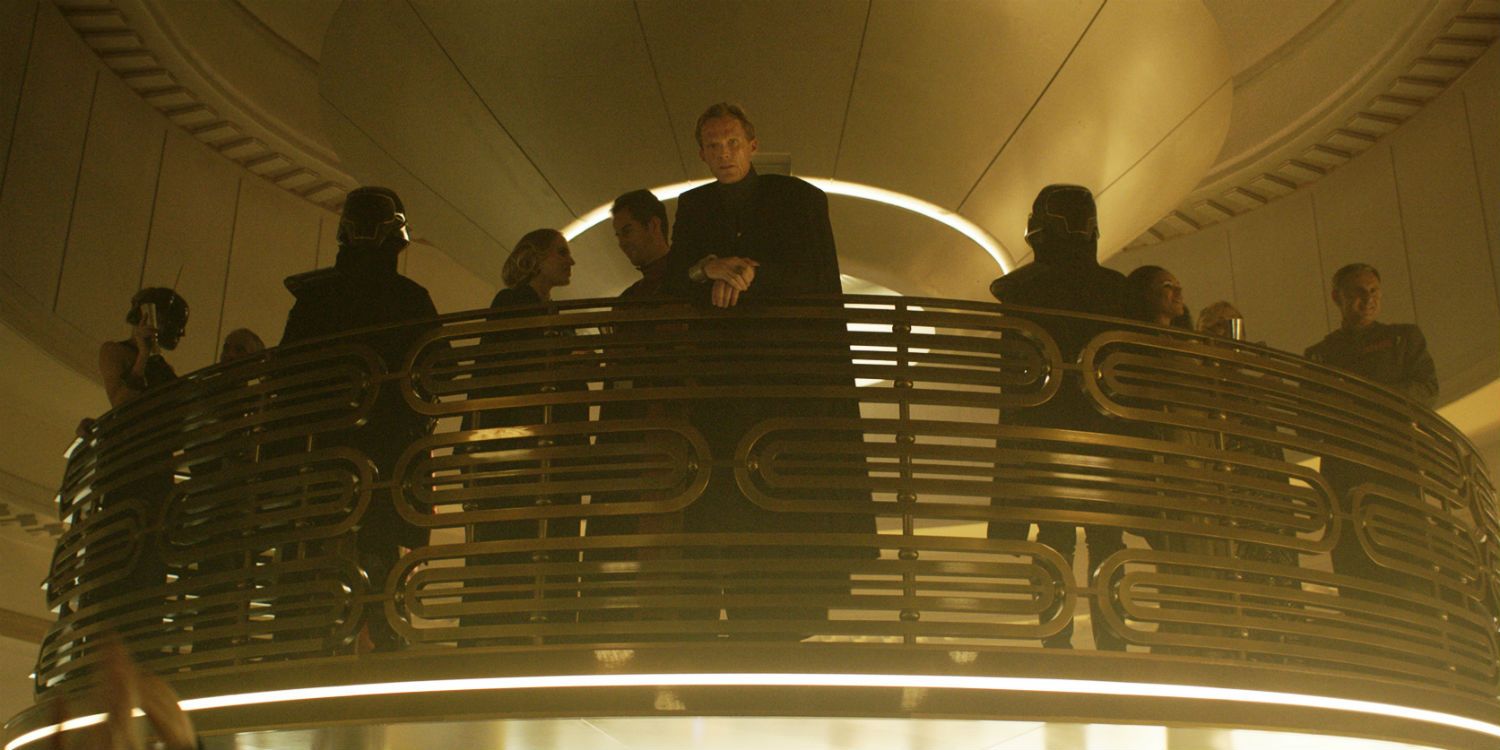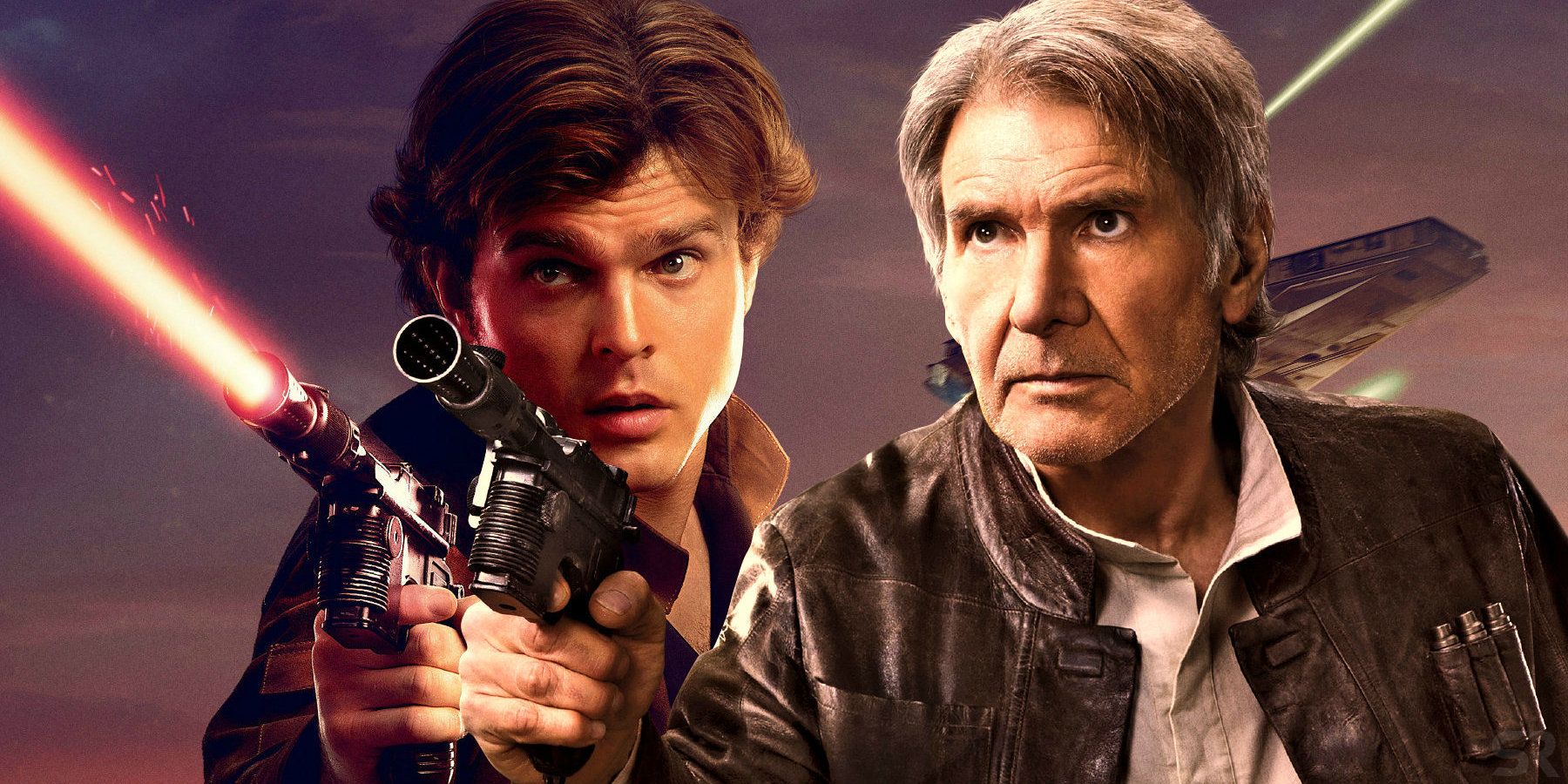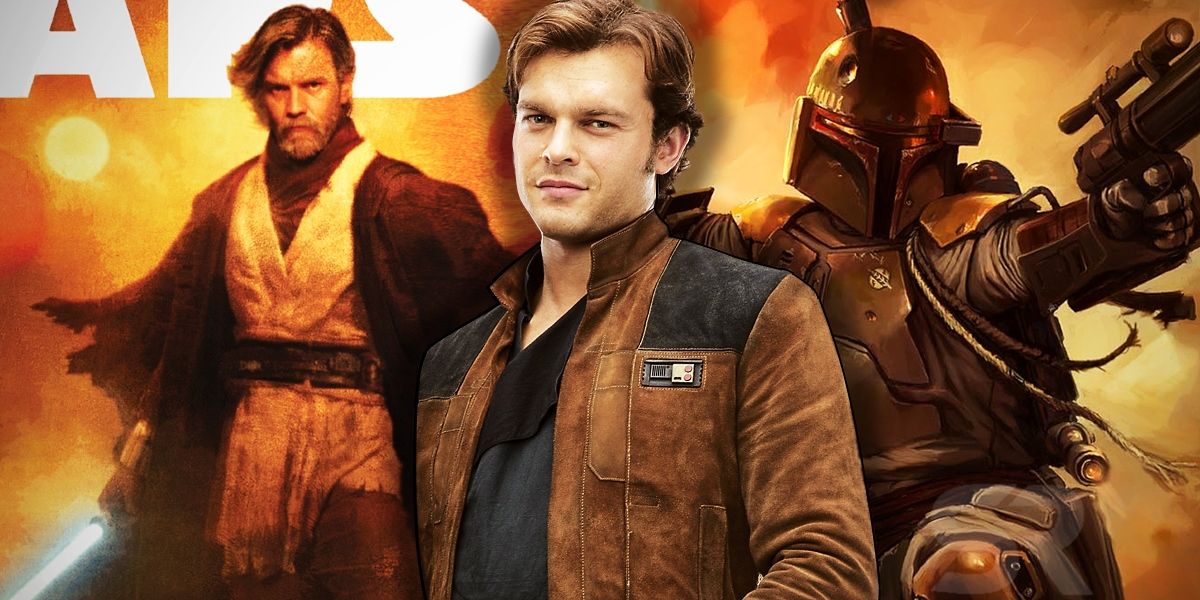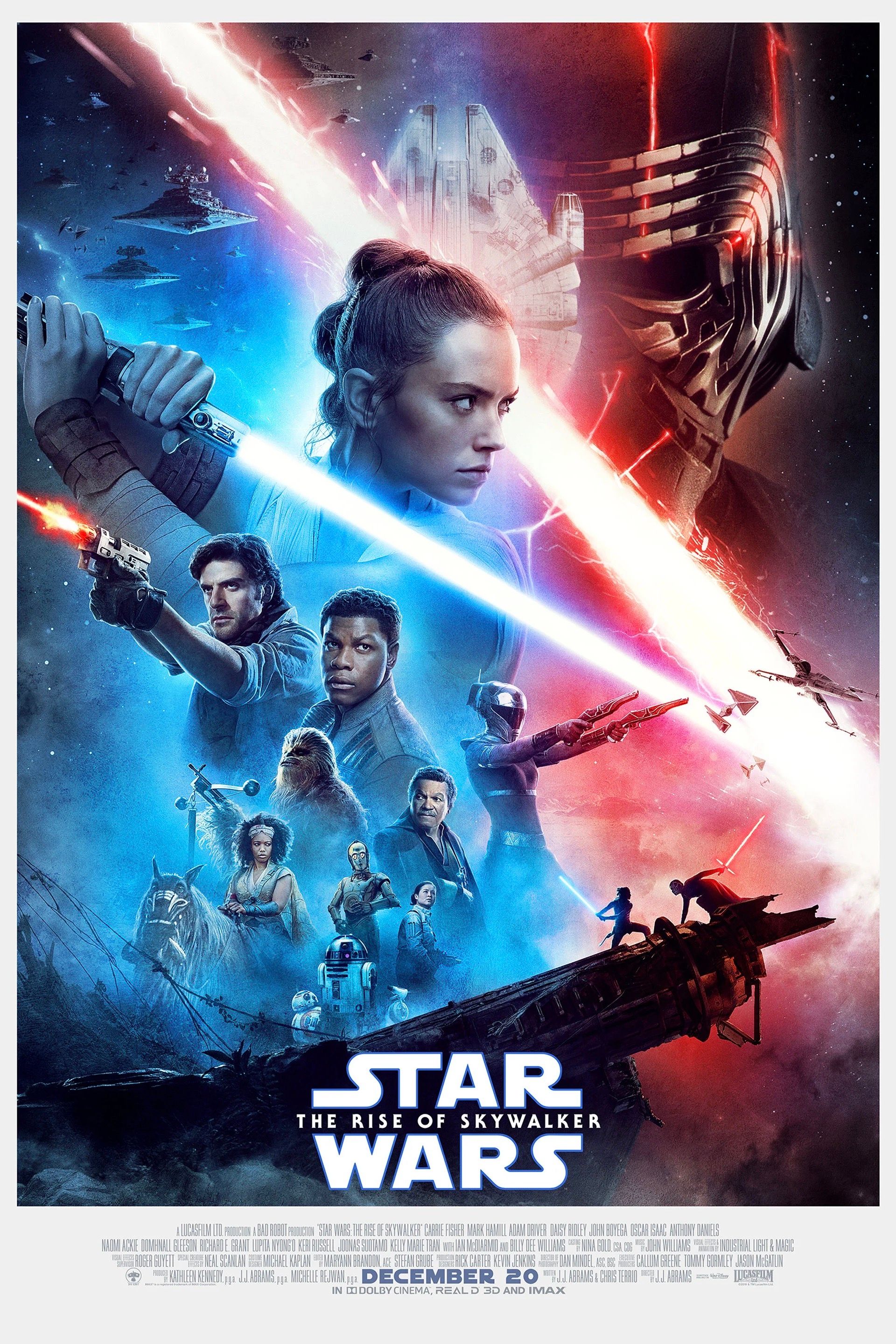Solo: A Star Wars Story has struggled at the box office - but that was always going to happen. The latest film in the rapidly expanding Star Wars canon is out in the wild, and much has been made of Solo's soft box office performance compared to the other entries in the recently revived fantasy franchise. The Ron Howard-directed sci-fi spinoff grossed $103 million over the four-day Memorial Day weekend. By all appearances, that seems like a lot of money, but it's the lowest opening so far of any Star Wars film under the management of Disney. It's parsecs behind Star Wars: The Force Awakens, which opened to a record-setting $247 million, and not even within spitting distance of its fellow "Star Wars Story," Rogue One, which bowed to $155 million in 2016.
So, is that it? Is Star Wars over? The discussion is definitely measuring that up, but the truth is far more nuanced and optimistic than that. The fact of the matter is, due to a number of wide-ranging factors few could have predicted, Solo wound up costing far more than originally intended. With an inflated budget, box office expectations similarly ballooned out of the realm of reasonable possibility.
Related: How Much Did Solo: A Star Wars Story Cost to Make?
The truth, as understood from the start, forgotten in a mountain of hype, and now rediscovered in hindsight, is that Solo was never going to be a box office concern.
- This Page: Solo's Production Troubles Made It Impossible To Be A Big Hit
- Page 2: Solo's Real Problem Was that It Wasn't A Star Wars Event
Solo Went From Cheapest To Most-Expensive Star Wars Film
In Hollywood, budgets for big-time blockbusters have an unfortunate tendency to spiral out of control, but the major studios still put forth an effort to make sure they avoid spending more on a movie than they reasonably intend to make back. After all, movies, in addition to being auteur-driven benchmarks of visual storytelling, are also a business driven by profits.
With that in mind, it's worth noting that the original allotted budget for Solo: A Star Wars Story was somewhere in the ballpark of $125-150 million. From the outset, Solo was slated to be the cheapest Star Wars film under the Disney banner, significantly less expensive than the likes of Rogue One ($200 million), The Last Jedi ($217 million), and The Force Awakens (~$250 million). As such, Disney and Lucasfilm did their due diligence in spending more money than the film would ultimately be worth to the company in the long run.
Enter Phil Lord and Christopher Miller, who were hand-picked by Solo and The Empire Strikes Back screenwriter Lawrence Kasdan, who felt their bouncy comic sensibilities would be a good match for the tone set in his script. Unfortunately, the directors ultimately proved to be a poor fit for the material, and their style wound up taking the story too far into screwball comedy territory. In addition, their relative inexperience in the realm of mega-budget blockbuster movies led to unexpected budget overruns.
Read More: Solo: A Star Wars Story's Director Problems - What Really Happened
The end of this well-documented story is that producer Kathleen Kennedy made the bold and unexpected decision to fire Lord & Miller and bring on Ron Howard to shoot new material. Despite the film only having a few weeks left in production under Lord & Miller, Howard was allowed to reshoot, according to reports, "70-80%" of the movie. At this point, it was no longer about keeping costs down, nor in irresponsibly shoving out a movie of dubious quality, but in producing a chapter of the Star Wars canon which lives up to the legacy of the franchise.
On the plus side, the final product of Solo: A Star Wars Story is clearly the film envisioned by Lawrence Kasdan and shepherded under the watchful eye of Ron Howard. On the negative, Lucasfilm and Disney essentially shot one movie for the price of two. By the time the dust settled, the reported budget of Solo was in the range of $250 million, though some sources suggest the number is actually much closer to $300 million, the biggest ever for a Star Wars movie. Budgets and box office expectations rise in tandem, and it was clear early on that Solo was facing an increasingly uphill battle on the long road to profitability.
Had the film come in on budget, then a muted take would have been acceptable. Instead, it need a record-shattering opening and incredible legs to be a true success. And that was never going to happen...
Page 2 of 2: Solo's Real Problem Was that It Wasn't A Star Wars Event
Star Wars Fatigue Or Last Jedi Backlash Aren't To Blame
The box office expectations for Solo anticipated a four-day opening within earshot of Rogue One's $155 million three-day bow, but when the final number, $103 million, was reported, some were left scratching their heads. Why so low?
One popular theory maintains that a wide-ranging fan boycott, spurred from the perceived divisiveness of Star Wars: The Last Jedi, is partially responsible for Solo's soft opening. There's a suggestion that the fan community has rejected Kathleen Kennedy's leadership and the new era of Star Wars as a whole. The only problem with this theory is that it's a whole bunch of nonsense, and the numbers prove it. Sure, a lot of people had mixed opinions on the storytelling decisions made by Rian Johnson with The Last Jedi (not Kennedy), but any notions of a legitimate boycott or mass fatigue with the franchise as a whole are missing the bigger picture.
Related: Solo Makes Star Wars: The Last Jedi Look Even Better
One need only look at Star Wars: The Last Jedi's box office performance, with its final domestic gross, $620 million, right in line with the second chapter of each of the proceeding trilogies. The Force Awakens made a record-setting $936 million in the US and Canada, and The Last Jedi grossed just under two-thirds of that amount. In 2002, Episode II: Attack of the Clones grossed $302 million, or a little over two-thirds of The Phantom Menace's haul of $431 million. Even back in the original trilogy, The Empire Strikes Back was seen by many as a financial disappointment, grossing $209 million, or just about two-thirds of the original Star Wars' gross of $307 million.
While The Last Jedi's ratio was ever-so-slightly lower than Attack of the Clones and The Empire Strikes Back, the numbers were still well within a reasonable margin of error, so those who believe that a wide-reaching fan boycott has any sway over the popularity of Star Wars, and was a key factor in causing Solo to struggle at the box office, are missing the bigger picture.
Solo Suffered Because It Wasn't A Star Wars Event
All that being said, there's no denying that Solo: A Star Wars Story had a soft box office opening. Even with expectations mostly in check (by Star Wars standards, at least), the opening weekend was still justifiably seen as genuinely underwhelming, particularly outside of North America. If the film can't hold on reasonably well in the weeks to come, then Solo may be seen as the first genuine Star Wars box office failure. One question remains: why?
There are a number of factors to be considered here. For one, moving outside of the previously-established December release pattern of The Force Awakens, Rogue One, and The Last Jedi was seen as Disney testing out the possibility of releasing two Star Wars films per year; one in Summer, one in Winter. Solo was the franchise's first attempt at a Summer blockbuster since 2005's Revenge of the Sith, and it faced stiff competition from the second weekend of Deadpool 2, as well as the continued presence of Avengers: Infinity War, also from Disney.
Related: Why Solo's Box Office Predictions Were So Wrong
It must also be noted that Solo: A Star Wars Story was never intended to be as huge as something like a numbered Saga film, nor even an event on par with Rogue One. This is an adventure film with relatively minor stakes; there's no Death Star or Starkiller Base, just buckets of loot to be robbed. There's no Darth Vader or Grand Moff Tarkin; just gangsters, smugglers, and scruffy-looking nerf herders. There's no mission to save the galaxy, and nothing leads directly to or from events of the original trilogy. The marketing for Solo made the movie feel like less of an event, and more of a comparatively low-key swashbuckler. As mentioned before, Solo was produced with the intention of being the least expensive Star Wars film.
The biggest factor going against Solo, however, was its very premise. There are few characters in the history of fiction as iconic as Han Solo. On one hand, it might seem an obvious play to produce a prequel focusing on the young renegade's unseen adventures. However, the essence of Han lies with his actor, Harrison Ford. For more than forty years, Ford was the face, heart, and soul of that character, and the announcement of a prequel without the esteemed actor was met with a degree of derision when the news first broke.
This isn't anything so dramatic as a boycott by scorned fans, but there was certainly a measure of apathy at the notion of Alden Ehrenreich playing Han Solo. By all accounts, the young actor does a great job embodying the essence of Harrison Ford's take without being a shameless impersonation, but it's impossible to calculate how many Star Wars fans were simply uninterested in going out on opening weekend to see a Han Solo movie without Harrison Ford. Even with a script by Lawrence Kasdan, arguably the world's leading expert on the character, there was skepticism leading up to Solo which simply was not present for any of the preceding films.
Solo Won't Hurt Star Wars' Future
Solo: A Star Wars Story is not a hit. It's not a bomb of incalculable proportions, nor is it the end of Disney's strong relationship with the brand, and it's certainly not evidence of the ineffective leadership of Kathleen Kennedy. Still, the film is pegged for a final domestic haul of between $205-230 million (per Box Office Mojo). Worldwide, the site estimates Solo could sputter out with a relatively underwhelming $550 million, which would be the lowest result for the franchise since the days of the original trilogy.
Related: Solo: A Star Wars Story Deserves Better Review Scores
But one soft opening does not sink a franchise. If this were the case, then the Marvel Cinematic Universe would have collapsed after The Incredible Hulk grossed less than half of Iron Man. Whether it was a success or a failure, it would be unwise to use Solo's box office performance as a barometer to measure the strength or weakness of the Star Wars brand. In the grand scheme of things, Solo is a blip on the outskirts of the franchise.
If Solo: A Star Wars Story fails to bring in a billion dollars worldwide, nothing changes. Audiences will be getting nothing less than one new Star Wars movie per year for the foreseeable future. Frankly, the only thing that might change is Lucasfilm will be extra firm with James Mangold about keeping the budget for Boba Fett within reasonable parameters.

